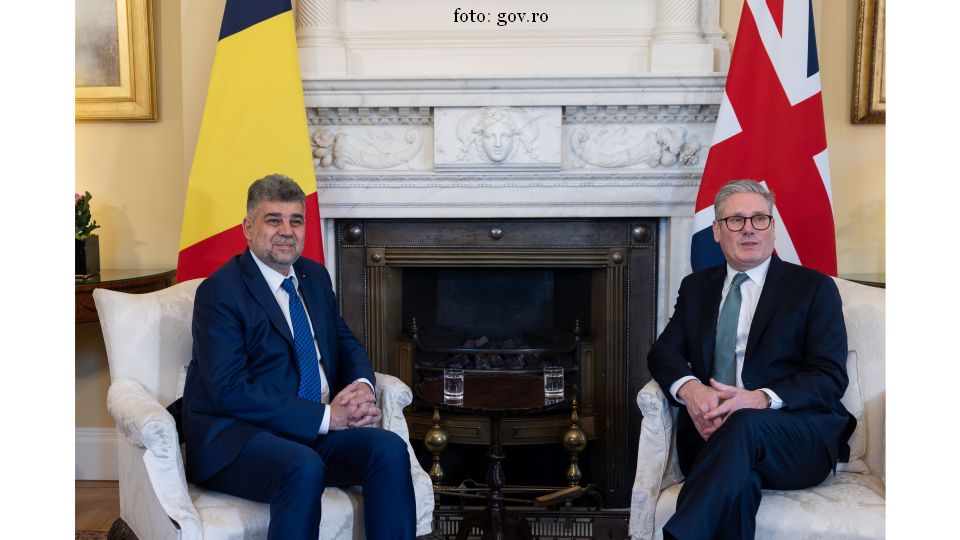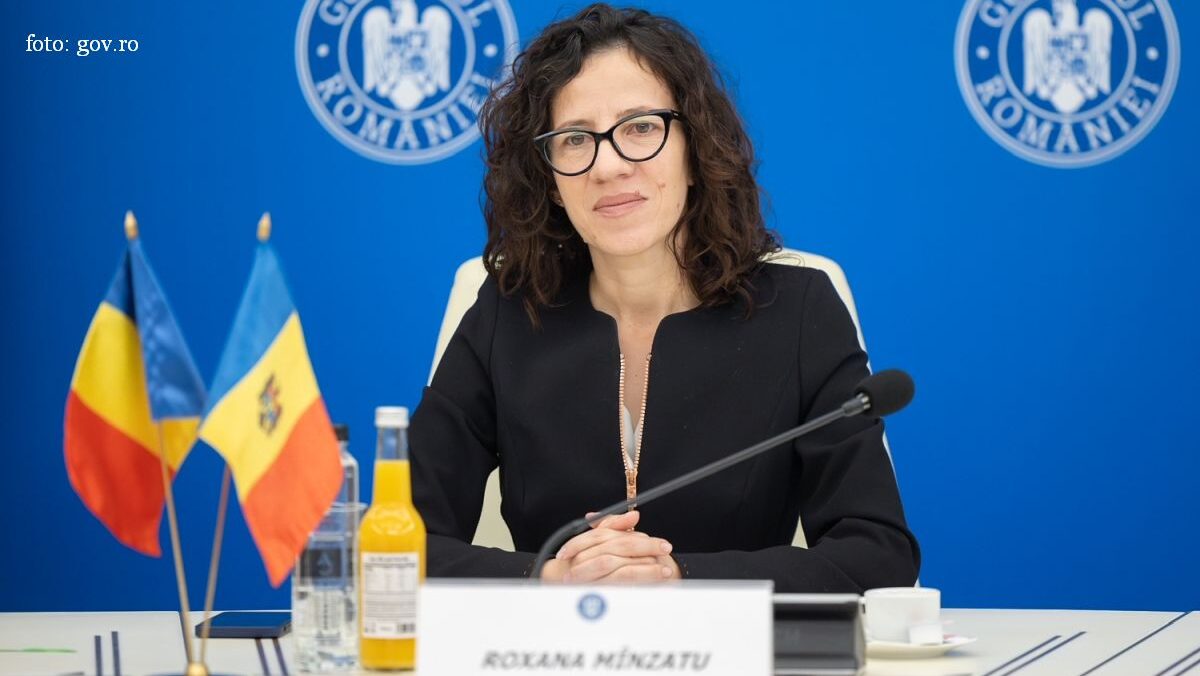Cooperation in the field of justice

Sorin Iordan, 14.03.2024, 13:50
The former mayor of Baia Mare, in northern Romania, Cătălin Cherecheş, will be brought to the country to serve his 5-year prison sentence for bribery. He fled Romania on November 24, 2023, as soon as the Court announced its ruling, but was caught by the German police 4 days later in Augsburg Station in Germany. Cherecheş opposed extradition due to the bad state of Romanian prisons. In the German Court, however, the Romanian prosecutors explained that the Romanian penitentiary system meets all the requirements of the European Court of Human Rights, and the German magistrates agreed with them. The Romanian Minister of Justice, Alina Gorghiu, said that the decision of the German Court is one more proof that the level of judicial cooperation with Germany, on criminal matters, is very good.
Alina Gorghiu: “Cătălin Cherecheș will remain in custody until taken over by the Romanian authorities. The term is 10 days since the ruling delivered by the Court in Germany, which means that the fugitive will be in a Romanian prison by the end of this month. The Public Prosecutor’s Office in Munich informed us that the Court ruling can be appealed, but the procedure of handing over Cătălin Cherecheș to the Romanian authorities, is not affected in any way.”
Cătălin Cherecheş is just one name from a long list of people who have tried to avoid prison sentences in Romania, a list that includes, among others, the former mayor of Bucharest, Sorin Oprescu, the former head of the Directorate for the Investigation of Organized Crime and Terrorism, Alina Bica, and the grandson of King Carol II, Paul Lambrino.
In this context, the Romanian Justice Minister signed in Rome a joint statement with her Italian counterpart, Carlo Nordio, with a view to a closer judicial cooperation in criminal matters, in order to bring back to the country the convicted persons who try to avoid serving their sentence. She also said that, in 2023, the Romanian state brought home 120 fugitives from Italy, and another 2 since the beginning of this year, although around 15% to 20% percent of the total extradition requests made by Romania continue to be rejected by the Italian courts.
At the same time, Gorghiu pointed out that she initiated two important laws in this field, namely, the “Fugitives Law”, by which convicted people, who do not report to the Police within 7 days to be incarcerated, will be considered escaped and risk a punishment between 6 months and 3 years, but also a law by which fugitives will pay the expenses incurred by the procedure of bringing them back to the country. The minister specified that, last year, Romania repatriated 803 fugitives and paid over 2 million euros for these procedures. (EE)






























